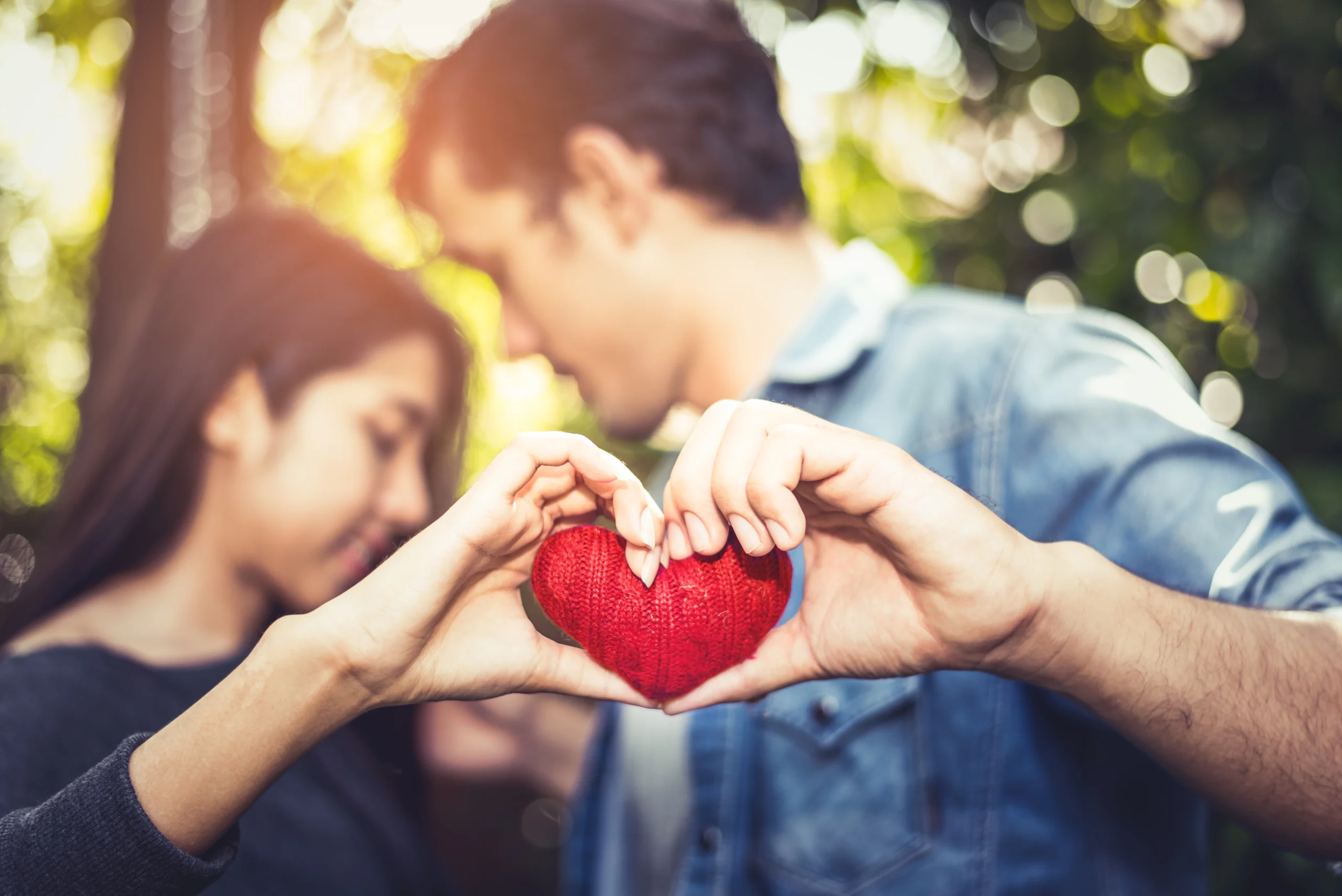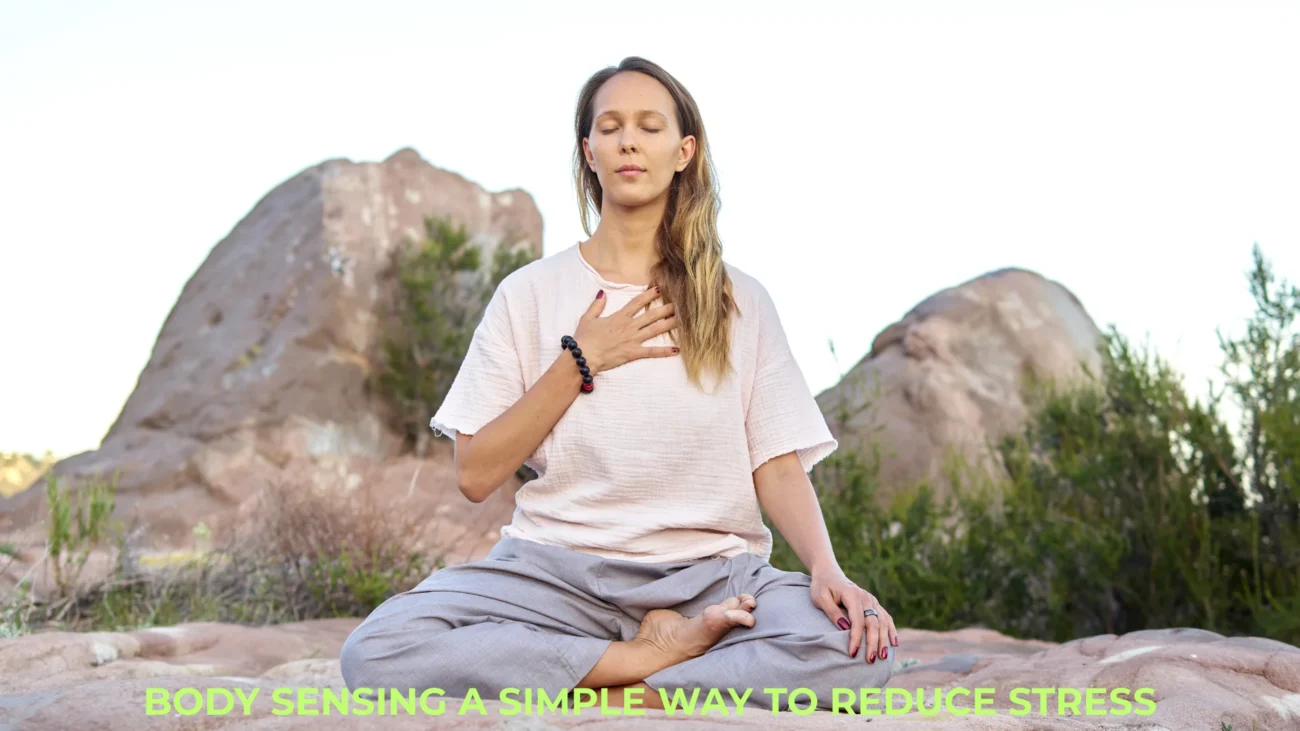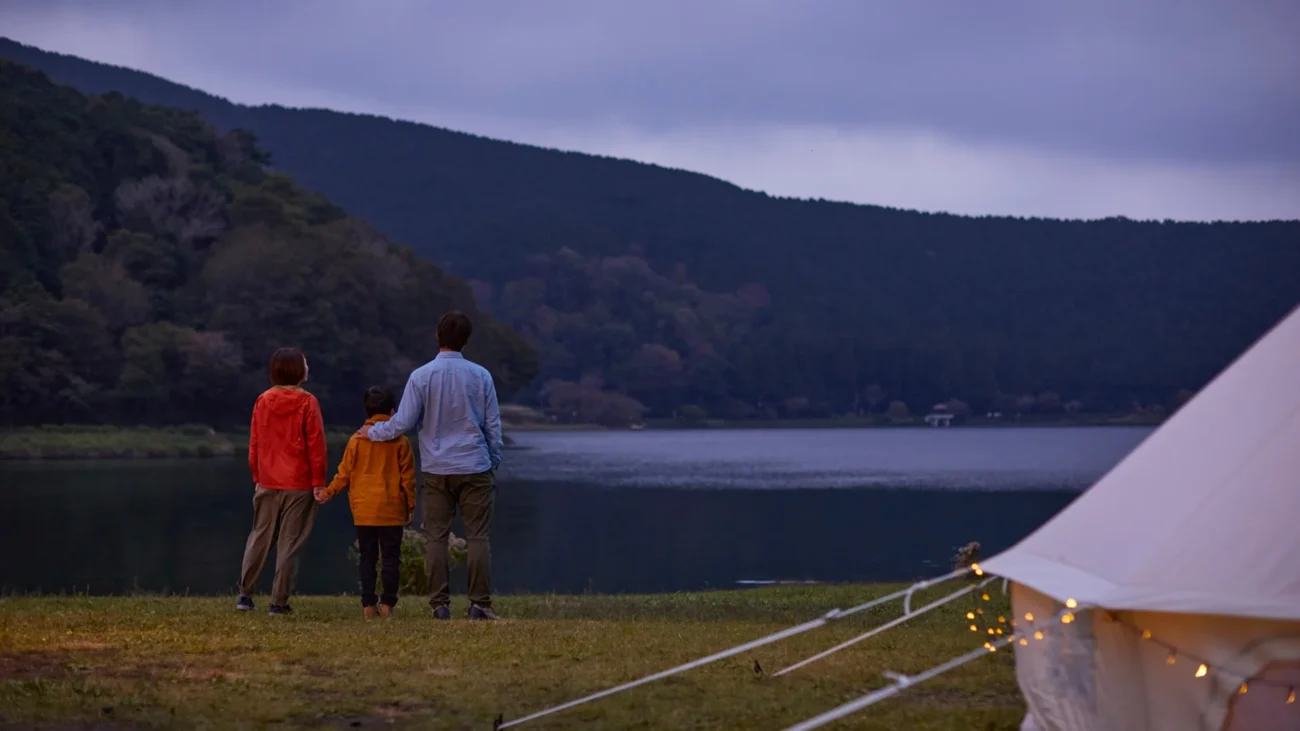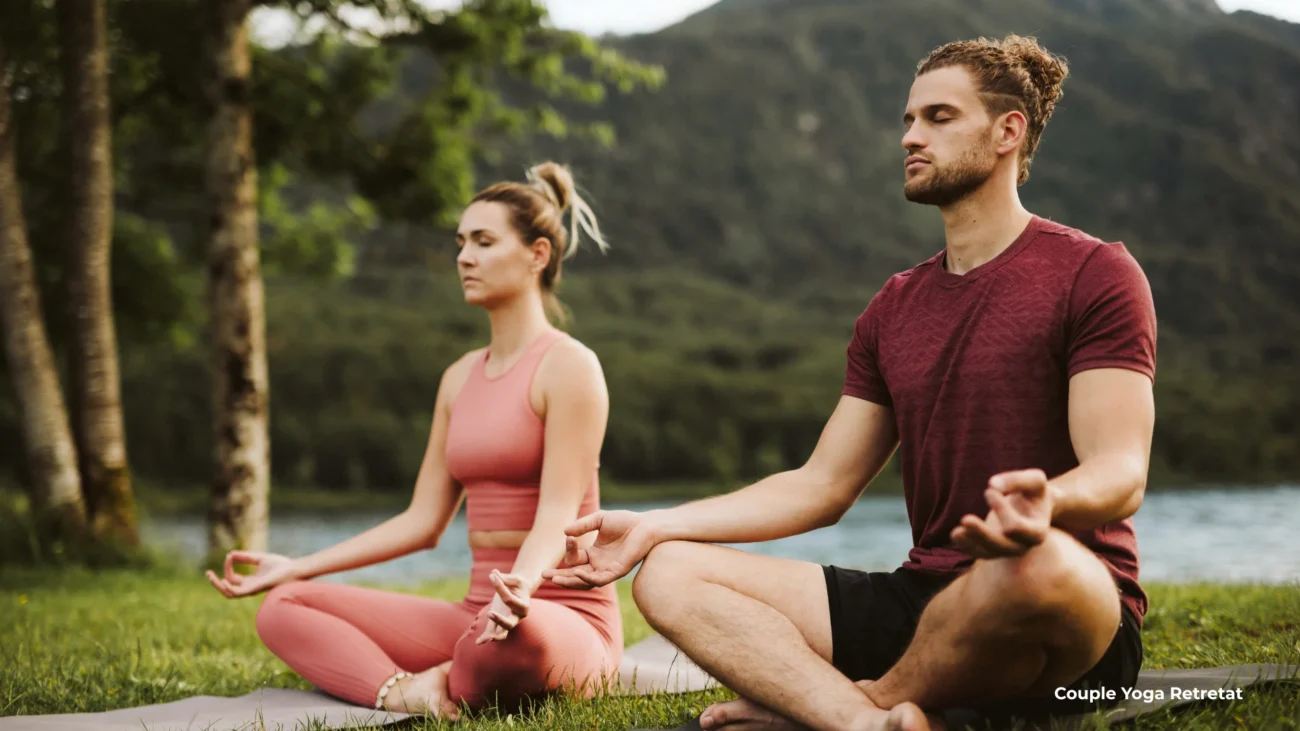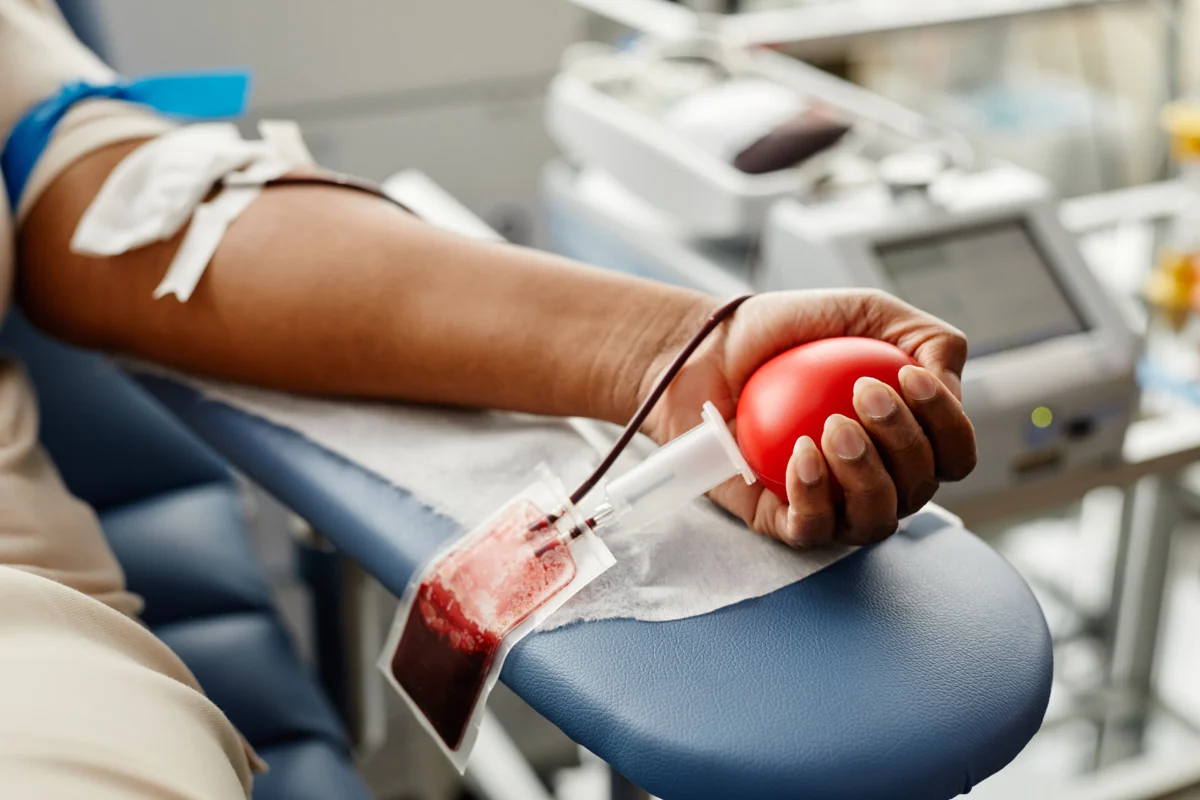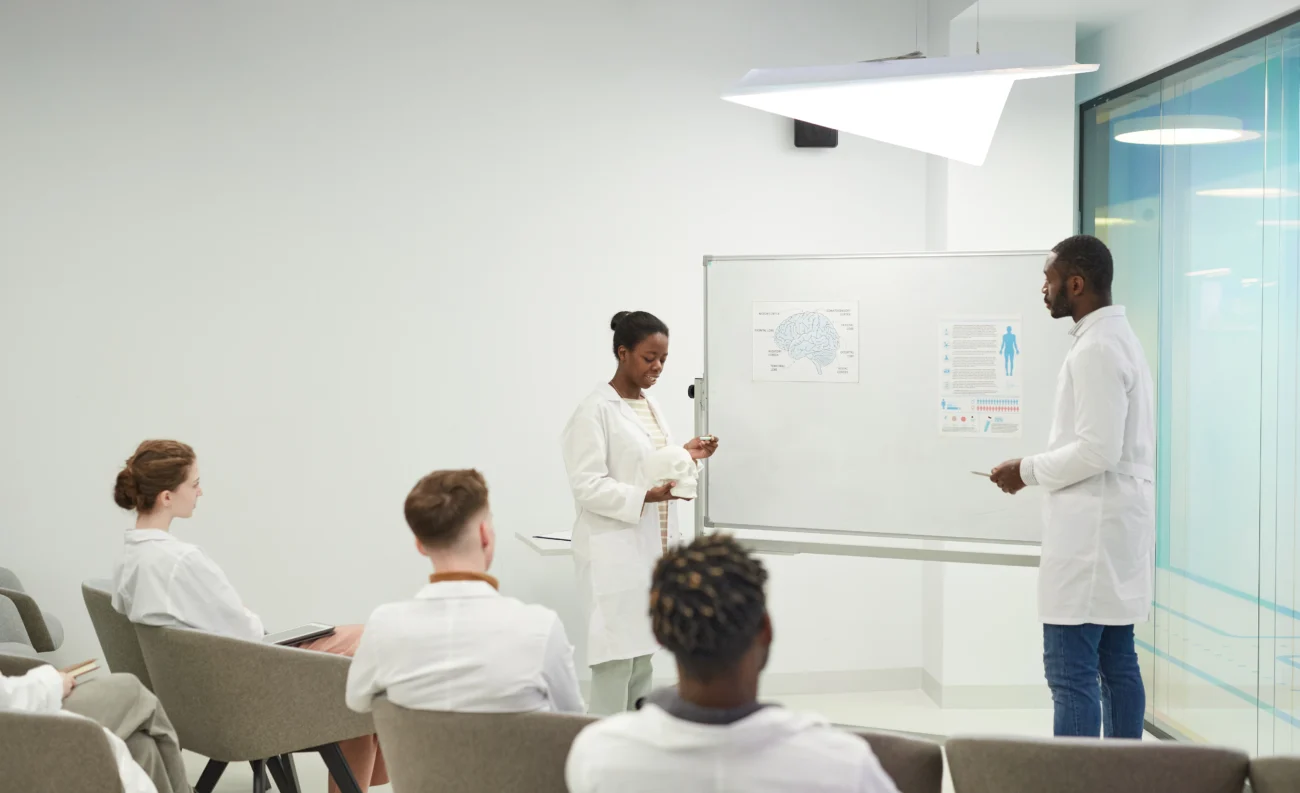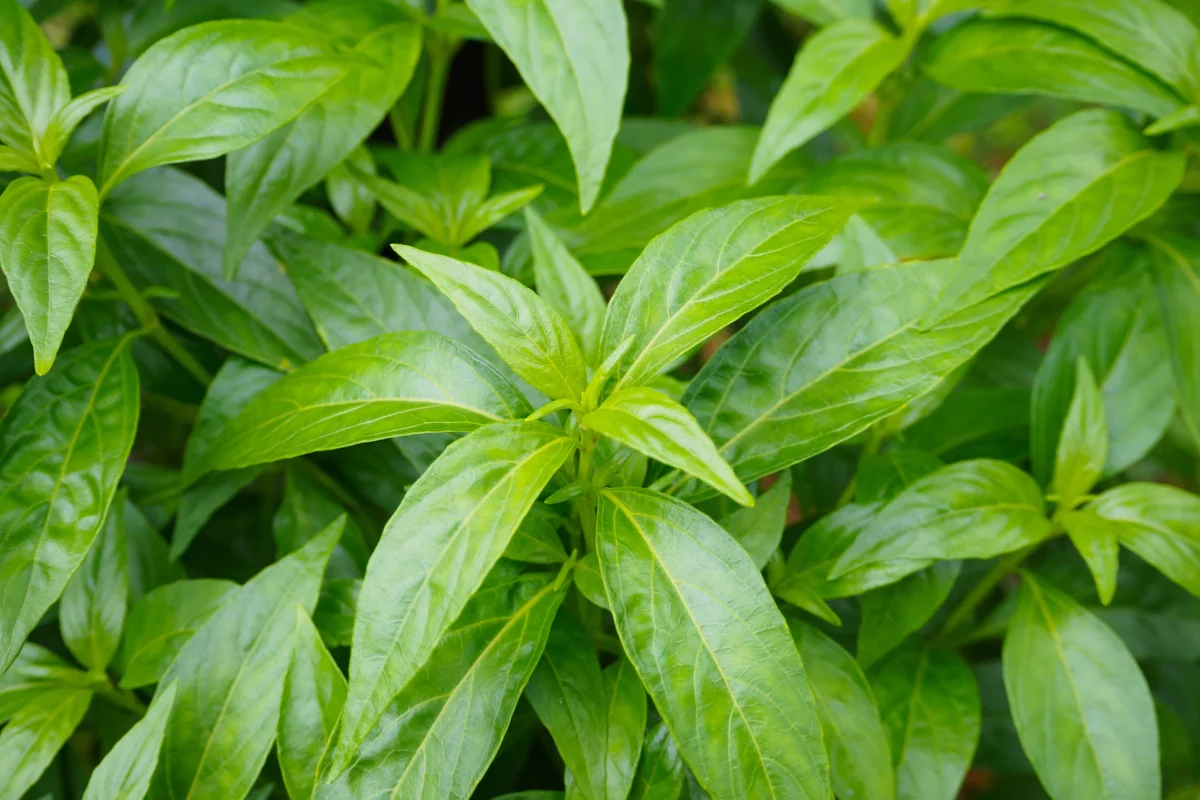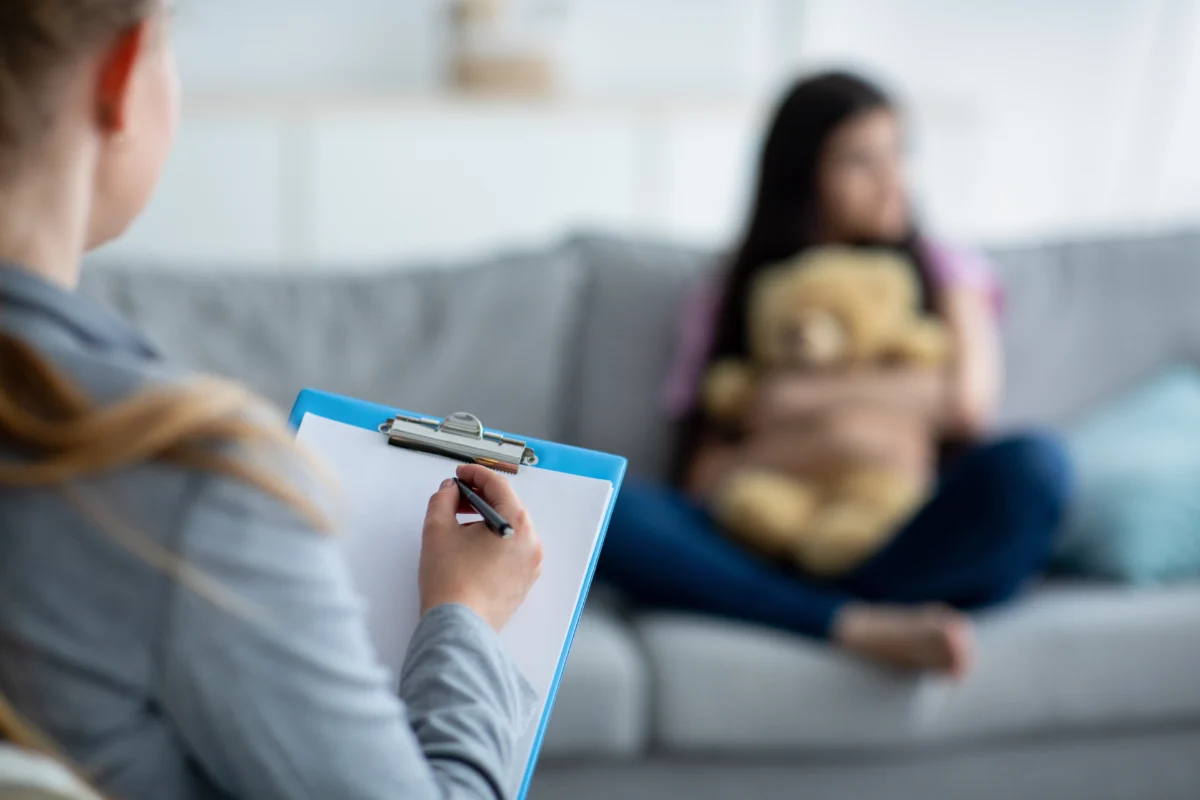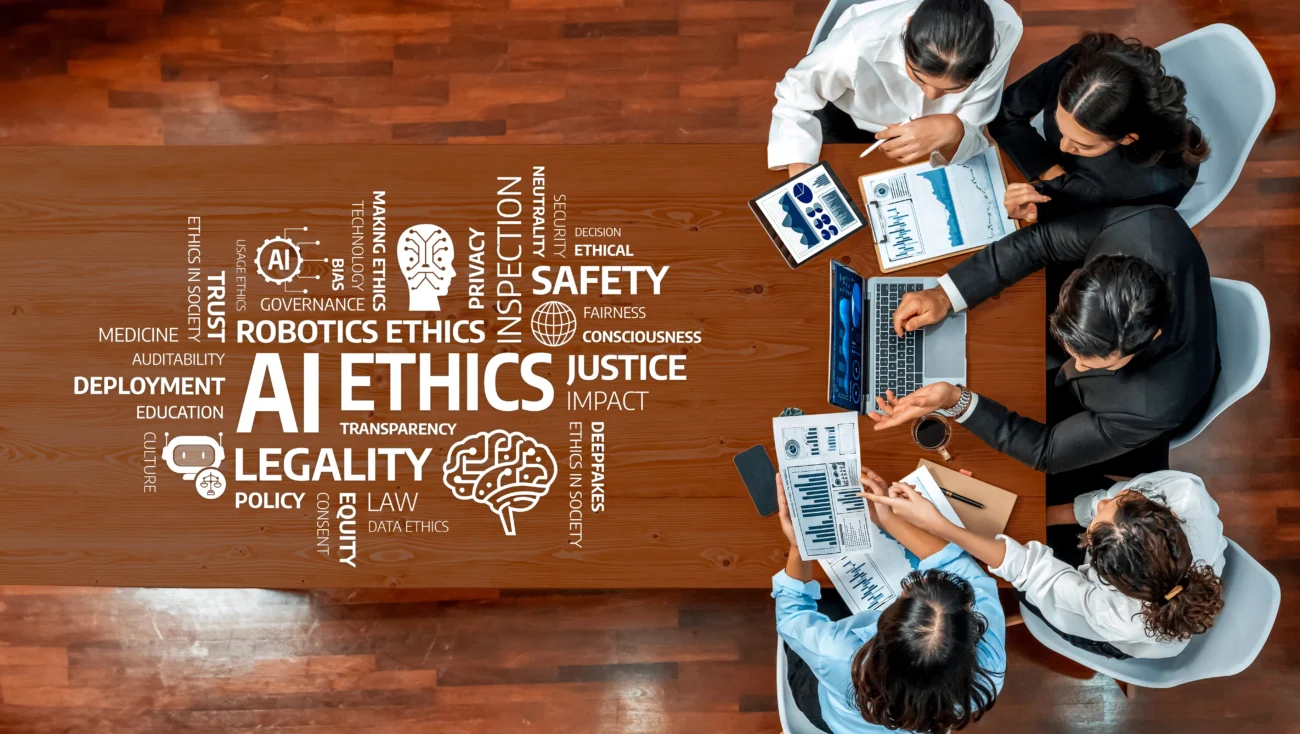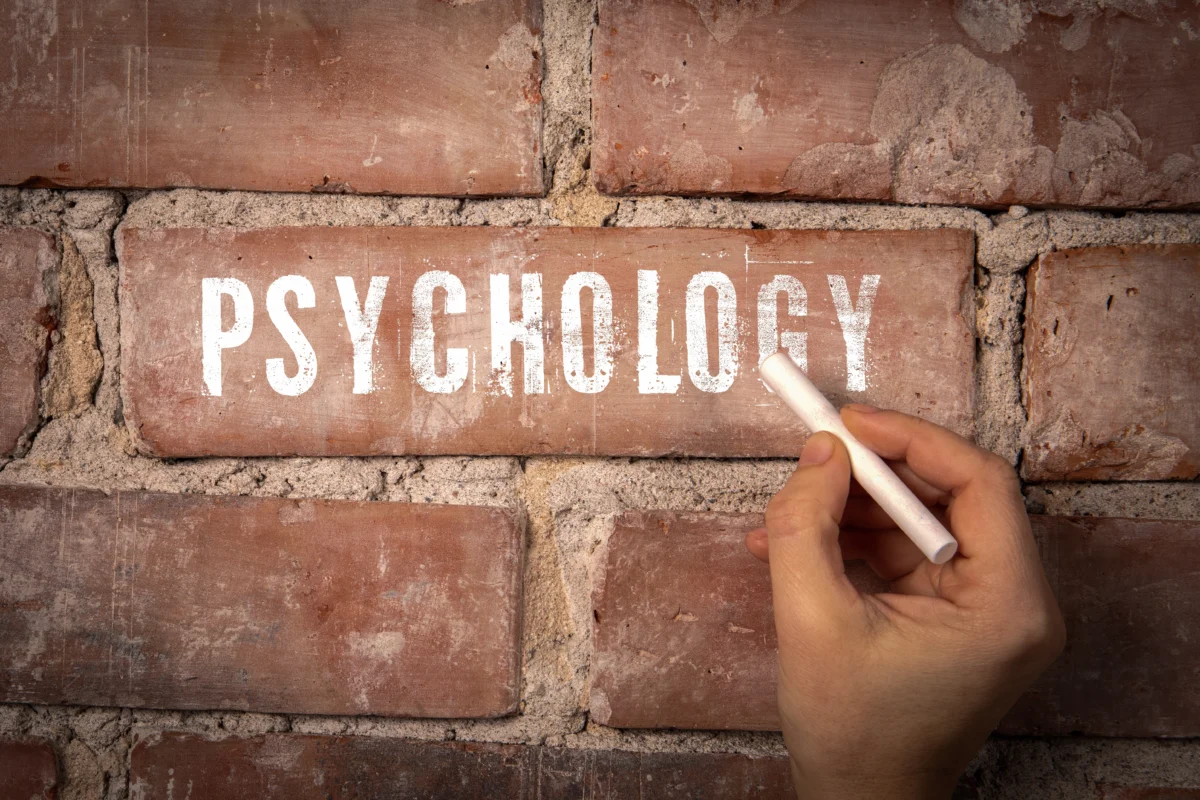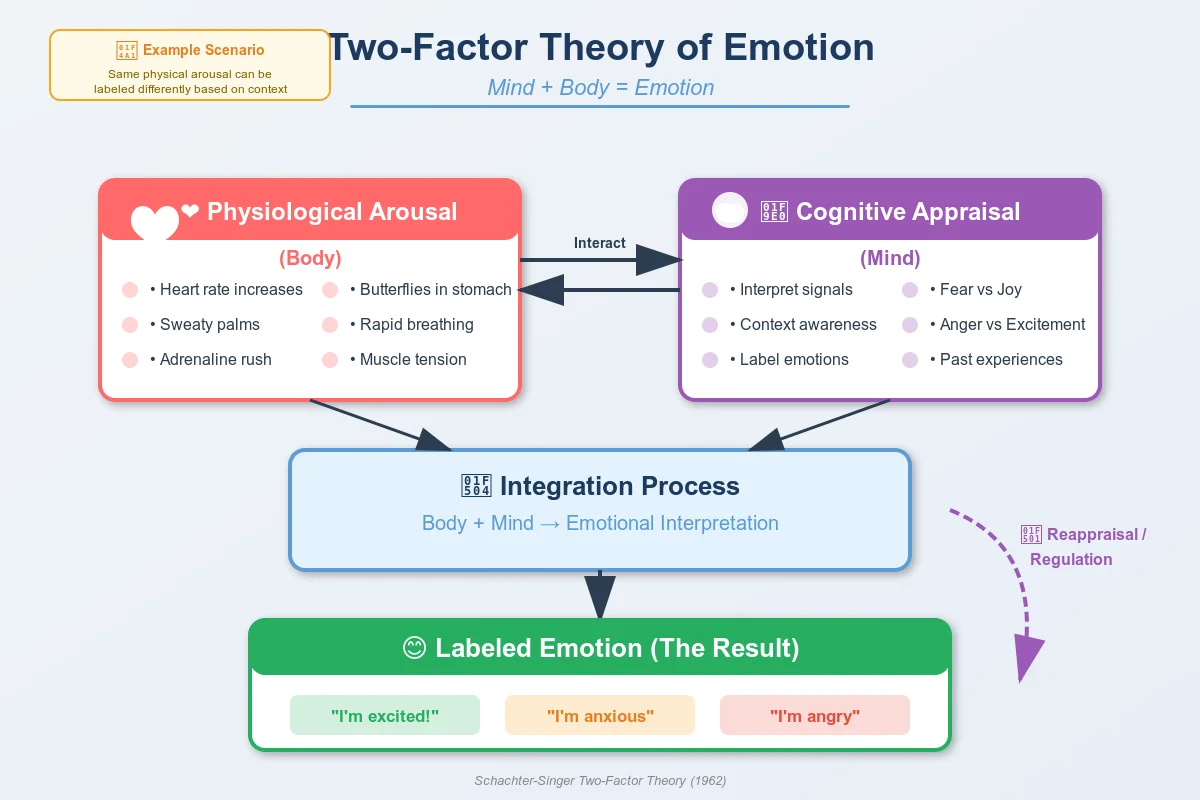You know that feeling when a certain song comes on the radio and suddenly you’re transported back to being seventeen, holding hands with someone who made your heart race? That’s not just nostalgia—there’s actually a psychological explanation for why your first love holds such a special place in your memory. Welcome to the fascinating world of first love theory.
What Exactly Is First Love Theory
First love theory isn’t one single academic concept—it’s more like an umbrella term that describes why our first romantic relationship leaves such a lasting imprint on our hearts and minds. It’s not just about remembering someone fondly. It’s about how that initial experience of falling in love actually shapes the way we approach relationships for the rest of our lives. Think of it like learning to ride a bike. You never forget that first wobbly ride, and it influences how you approach cycling forever after. The theory has gained massive popularity on social media, especially TikTok, where millions of people share their experiences and debate whether men truly never get over their first love.
The Science Behind Why First Love Feels So Intense
Your first experience of love isn’t just emotional — it’s biochemical. A 2005 fMRI study by biological anthropologist Helen Fisher found that when people viewed photos of someone they loved, the brain’s dopamine-producing ventral tegmental area lit up intensely. Dopamine — the same chemical tied to addiction — floods the system, creating an overwhelming rush of euphoria and obsession. As this happens, the brain forms new neural pathways that define what “love” feels like, establishing a lifelong reference point that influences future attraction, attachment, and even lifestyle patterns around relationships.
The Memory Bump
There's a fascinating phenomenon in psychology called the "reminiscence bump." Research shows that people tend to remember events from adolescence and early adulthood (roughly ages 10 to 30) more vividly than events from other periods of their lives. This isn't your imagination—it's a well-documented effect in autobiographical memory research. Most first loves happen to fall right in the middle of this reminiscence bump period. Your brain is at peak performance during these years, encoding memories with extra clarity. Plus, you're experiencing tons of "firsts" during this time—first car, first job, first heartbreak. All these novel experiences get stamped into your memory with special emphasis. Years later, you can still remember exactly what your first love was wearing on your first date, but you might forget what happened last Tuesday.
Why We Idealize Our First Love
Most people tend to remember their first love through rose-colored glasses, and there's a scientific reason for this beyond just the reminiscence bump. Our brains have a sneaky way of filtering out the bad memories over time while holding onto the good ones. Psychologists call this "rosy retrospection." You might forget the arguments about whose friends you'd hang out with on Friday night, but you'll vividly remember slow dancing at prom. This memory editing happens because your first love represents a time of innocence and discovery—before heartbreak taught you to be cautious, before you learned that love can hurt. Your brain literally rewrites the story over time, smoothing out the rough edges and highlighting the magical moments.
| Aspect | First Love | True Love |
|---|---|---|
| Purpose | A rough draft — your emotional awakening | A conscious choice — built on maturity |
| What It Teaches | Vulnerability, excitement, butterflies | Stability, trust, shared values |
| Feeling | "Fireworks" | "Home" |
| Impact | Sets emotional expectations | Redefines partnership and long-term security |
When First Love Theory Becomes Problematic
While it's natural to have fond memories of your first love, the theory can become problematic when people get stuck in the past. Some folks spend years comparing every new partner to their first love, which isn't fair to anyone involved. Others convince themselves that their first love was "the one that got away," preventing them from fully investing in present relationships. The "men's first love theory" that went viral on TikTok suggests that men never truly get over their first love and spend their lives trying to recreate that feeling. While this resonates with some people's experiences, relationship experts warn that using it as an excuse for not being able to love future partners is harmful. The key is acknowledging the significance of that first relationship without letting it hold you hostage. Here's something important that helps put first love in perspective—your first love and your truest love aren't always the same person, and that's perfectly okay.
Moving Forward While Honoring the Past
Understanding first love theory doesn't mean you need to track down your high school sweetheart or delete all your old photos. Instead, it's about recognizing that your first love played an important role in your emotional development. They helped you learn what it means to care deeply about someone, to be vulnerable, and yes, to eventually heal. That's valuable, even if they're not part of your present. The healthiest approach is to appreciate your first love for what it was—a chapter in your story that taught you important lessons. Maybe they showed you what kindness looks like in a relationship. Maybe they taught you what red flags to avoid. Either way, those lessons contributed to who you are today. You can honor that without staying stuck in the past.
The Positive Side of First Love Theory
Let's end on a hopeful note. While first love theory acknowledges that your first relationship leaves a permanent mark, it doesn't have to be a scar. Many people look back on their first love with gratitude—not because they wish they were still together, but because that person taught them important lessons about themselves and about love. Research on long-term relationships shows that the same brain regions that light up during first love can activate again in long-term partnerships. Fisher's team studied couples married for over 20 years who reported still being madly in love, and their brain scans showed the same dopamine-rich activity as people in new relationships. This proves that while first love is special, it's not the only intense love you'll experience in your lifetime. Your first love will always hold a special place in your story, but it doesn't have to be the whole book. Understanding first love theory helps you appreciate that chapter for what it was—an important beginning that helped shape who you've become in love and in life. And honestly? Your best love story might still be ahead of you.

